
I was in Los Angeles this past weekend, where a great old friend, who has had a good spell of success in Hollywood, hosted a book release party for me at his gorgeous home overlooking seaside cliffs. The place was filled with good people, people who have reached success in their own creative vocations, probably all faced with this same crossroad at some point in their lives and challenged to find their own equilibrium. It got me to thinking.
Where will I end up? Penniless, insignificant, a failure - or even worse, overwhelmed with cowardice and abandoning my dreams? Or will I reach my ultimate goal with my writing, reaching hundreds of thousands of hearts and minds with my message of hope and humanity? Is it sheer naiveté to think that my writing can make the world a better place? And at what point do I do things for money? How much energy do I put into playing the game so I can promote my work (for we all sell out, it’s just a matter of how much and how often.) Which parts of all of this craziness are true, and which parts just an illusion that my hand will pass through when I try to grasp it? What matters?

The iconic British writer George Orwell wrote a book called “Why I Write.” It’s not his best work, packed with political rantings difficult to hold in context for a reader in the next century and across the big pond, but I can still recognize that it’s his most personal work. After reading that book, I know why George Orwell writes, why he rose too early every morning and slayed his dragons.
But why do I write? That is a question I ask myself as things are happening faster in my life. The answer is my touchstone to what is real, my brass ring to reach for as I spin round and round, dizzy with the motion of it all, the lights blurring by.
Thankfully, I don’t have to write a whole book on why I write like Orwell, but here’s what I came up with:
I write because I see things so fascinating in this world that they need to be documented.
I write to challenge people to think, shaking the sturdy branches of intellectual laziness that we perch on.
I write to tell people's stories, to be a witness to their existence so they know they’re not alone.
I write to make peoples’ lives better, to help them endure this fleeting time on earth, to lighten their load.
I write to unite people, to swing a wrecking ball at the false barriers,
contrived differences, and petty fears we construct to protect ourselves, but end up becoming our prisons.
I write to fight for people who cannot fight for themselves.
I write to make people laugh and to give them joy, to make them feel more human.
I write to serve.
Tamarindo, Costa Rica, surf, ski, snowboard, diving, pura vida, Central America, Nicaragua, San Juan del Sur, Amazon best seller, travel, adventure, backpack, hiking, sharks, Endless Summer, Robert August, memoir, fitness journey, globetrotting, perfect beach, paradise, spring break, expat, live abroad, work abroad, summer reading, around the world, great read, humor, laugh out loud
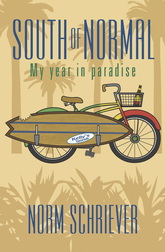
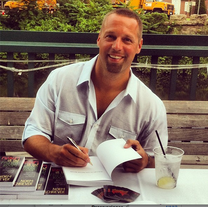

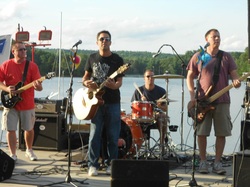
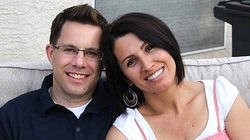
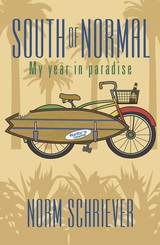
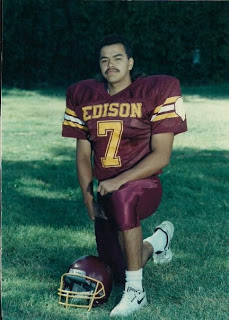
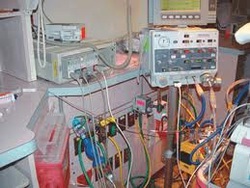
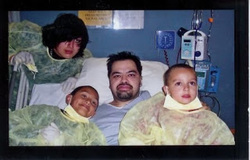
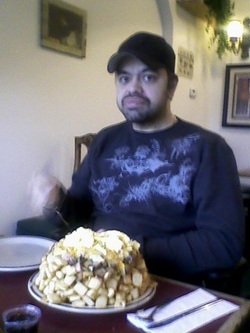
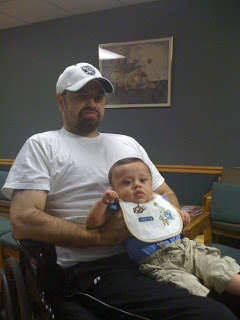
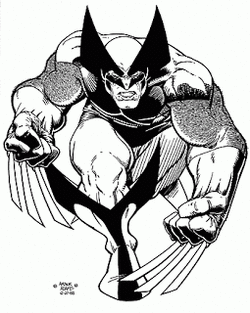
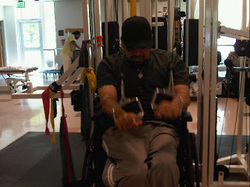
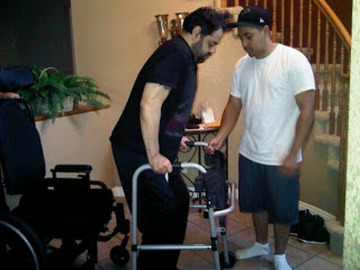

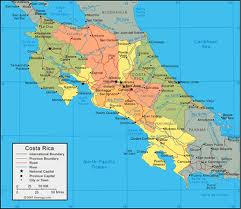

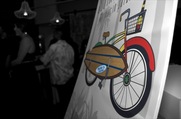



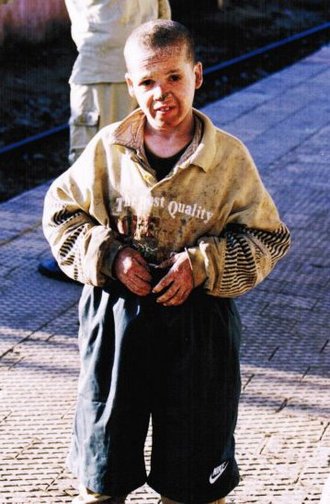
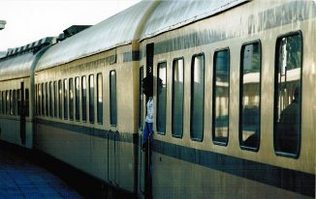


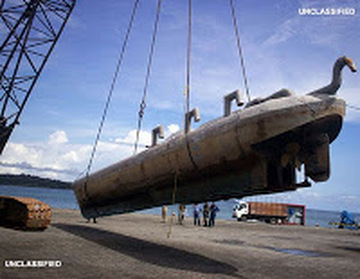
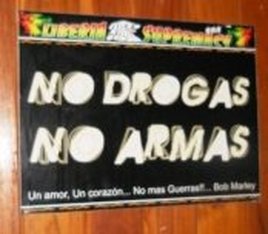
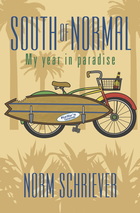
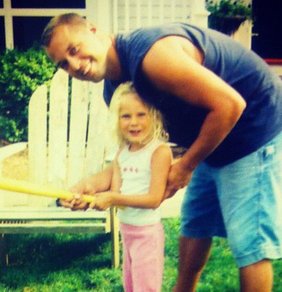
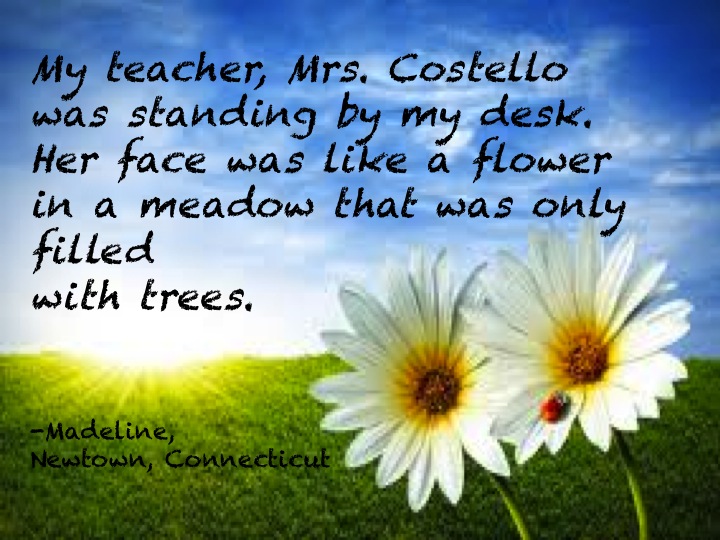
 RSS Feed
RSS Feed